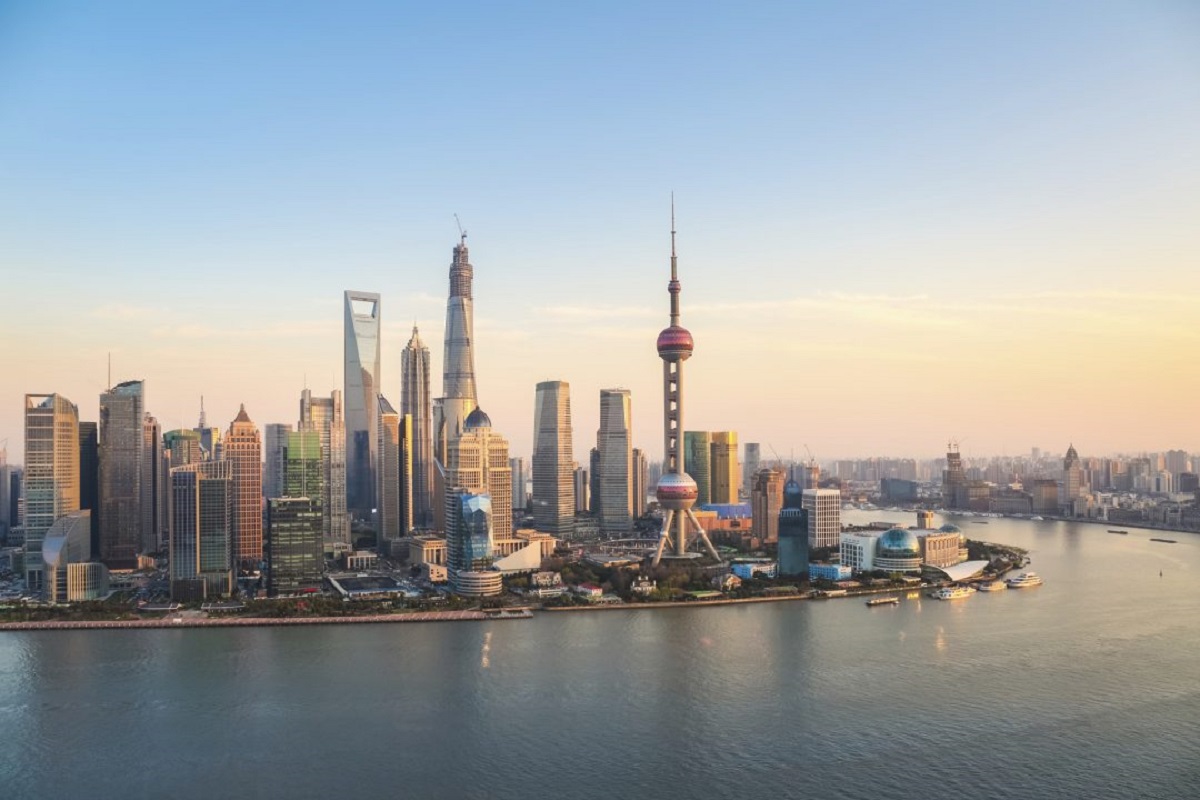Luxury slows in China

According to a report by Pambianco yesterday, despite the excellent performance recorded by the Chinese luxury market in recent years - with mainland China's market share increasing from 20 to 21% between 2019 and 2020 - the Covid situation and related lockdowns have put the brakes on consumption since early 2022.
Despite the lockdown and severe travel restrictions, Chinese consumers had diverted their shopping onto their own territory, recording a +48% increase in domestic sales in 2020 and +36% in 2021, totaling almost 471 billion Yuan (or 67 billion euros).
In China, the city of Shanghai alone accounts for more than 80% of new infections, and with its 26 million inhabitants in lockdown, it is dealing with a strict ‘Zero Covid’ policy. Across the entire country, only 13 out of 100 major cities (ranked by GDP) are not implementing Covid-19 restrictions. This has not only led to a halt in physical shopping, but also to a decline in the desire for luxury goods.
Figures published in the first quarter of this year by the main players in the luxury market, show that sales in China fell by around 30-40%, partly due to the lockdown in Shanghai (around 15% refers to that mainland China area) and partly due to reduced movement in other regions.
According to Ubs analysts, authors of a report published by Milano Finanza, Lvmh (rated buy) and Hermès (neutral) are the best stocks to bet on in this uncertain scenario, while Swatch (neutral) is among the most exposed to potential downside risk.
The investment bank analyzed the performance of ten luxury stocks in relation to their sales performance considering four scenarios, namely an annual decline of 10%, 20%, 30% and 40%, and also taking into account the highly uncertain context that the capital Beijing is currently experiencing.
“Swatch sales,” reports Milano Finanza, “have a 37 per cent exposure in mainland China. The figure drops slightly for Richemont (35%) and Lvmh (30%), while the least exposed is Kering (23%). Ubs has set the Chinese GDP growth target for 2022 at 4.2%.
The latest consumer confidence survey conducted by Ipsos, however, reported a “significant decline” in consumer confidence in the Land of the Dragon, with a downward estimate also for the coming months as the public begins to feel the strain of pandemic pressures. The unemployment rate, reported by national surveys, also rose to 5.8% in March 2022, the highest since May 2020.
VO+ Magazine






